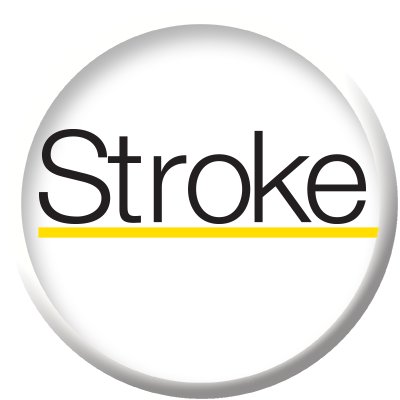
Saima Hilal
@HilalSaima
Followers
33
Following
27
Media
0
Statuses
16
Joined January 2019
So proud to be part of this review series in Stroke!
6/ Epidemiologic Trends, Social Determinants, and Brain Health: The Role of Life Course Inequalities https://t.co/aklUca73DM
@hilalsaima
0
0
4
Glad that together with @HilalSaima @CamStroke @ISD_Research @DondersInst et al, we have established the OPtimising mulTImodal MRI markers for trials of Vascular Cognitive Impairment due to cerebrAl small vesseL disease collaboration and its 1st paper https://t.co/RmusYf1nIy
pubmed.ncbi.nlm.nih.gov
Our results support a central role for WM alterations in dementia pathogenesis in all cohorts. DTI measures such as MD median may be a useful clinical risk predictor. The contribution of other MRI...
0
5
13
Congratulations to @HilalSaima for presenting our work on accessible cardiac biomarkers and cognition @VasCogSociety
0
2
4
Congratulations to @bibek_BG and @HilalSaima for showing how important diastolic blood pressure is for white matter disease, hence the need for improved control https://t.co/fwR71E3i6S
pubmed.ncbi.nlm.nih.gov
These findings suggest the possibility of hypertension-related vascular brain damage. Careful monitoring and management of BP in elderly patients is essential to reduce the incidence and progression...
0
3
12
Blood-Based Cardiac #Biomarkers and the Risk of Cognitive Decline, Cerebrovascular Disease, and Clinical Events #stroke @HilalSaima
https://t.co/oWiJc6UhdZ
1
15
37
Great work by @HilalSaima @bibek_BG with our @NUSMedicine and #nuhcs colleagues on the predictive value of blood biomarkers of vascular disease for cognition https://t.co/WxECcPZtTM
pubmed.ncbi.nlm.nih.gov
Higher levels of blood-based cardiac biomarkers were associated with decline in memory and risk of vascular events and mortality. Moreover, NT-proBNP and hs-cTnT were associated with incident...
0
3
9
Excellent first paper by masters student Mervyn Lim supervised by @HilalSaima on the effect of intracranial stenosis on executive function over time https://t.co/w2U3zYfYXf
pubmed.ncbi.nlm.nih.gov
Intracranial stenosis was independently associated with worse executive function across all time points, and cognitive decline in memory and visuomotor speed over 3 years of follow-up. This suggests...
0
3
3
Pushing the boundaries further
Clinical Relevance of Cortical Cerebral Microinfarcts on 1.5T Magnetic Resonance Imaging in the Late-Adult Population by @HilalSaima et al #MRI #stroke
https://t.co/xX6mEHuucT
0
3
7
Important findings: 227 / 2156 (10.5%) of adults with mean age 75.7 had at least 1 cortical micro infarct on 1.5T brain MRI.Their presence correlated with baseline vascular risk and incident stroke risk as well as mortality. @HilalSaima @GokcalElif @tsaihsinhsi @StrokeAHA_ASA
Clinical Relevance of Cortical Cerebral Microinfarcts on 1.5T Magnetic Resonance Imaging in the Late-Adult Population by @HilalSaima et al #MRI #stroke
https://t.co/xX6mEHuucT
0
5
7
Clinical Relevance of Cortical Cerebral Microinfarcts on 1.5T Magnetic Resonance Imaging in the Late-Adult Population by @HilalSaima et al #MRI #stroke
https://t.co/xX6mEHuucT
0
10
31
innovative use of novel brain perfusion parameters by @HilalSaima and @HMutsaerts showing how intracranial stenosis may affect cognition
pubmed.ncbi.nlm.nih.gov
These findings suggest that compromised CBF as detected by higher sCoV is related to cognitive impairment among individuals diagnosed with ICS. We also showed that sCoV partially mediates the link...
0
3
6
Thanks @ModHabes for sharing
Was an excellent session on dementia heterogeneity using neuroimaging, thanks to, Hans Grabe, Peter Fox, @HilalSaima, Hieab Adams, Joseph Masdeu and Pauline Maillard, and the very awesome co-chair @CaroleDufouil in ths second STAC meeting in San Antonio.
0
0
0
@guroledip @_JCBFM @SusanneVanVeluw @U_Hersencentrum @VincentCTMok @AdamMBrickman @SAGENeuro @norocardiology Thanks Edip!
0
1
1






